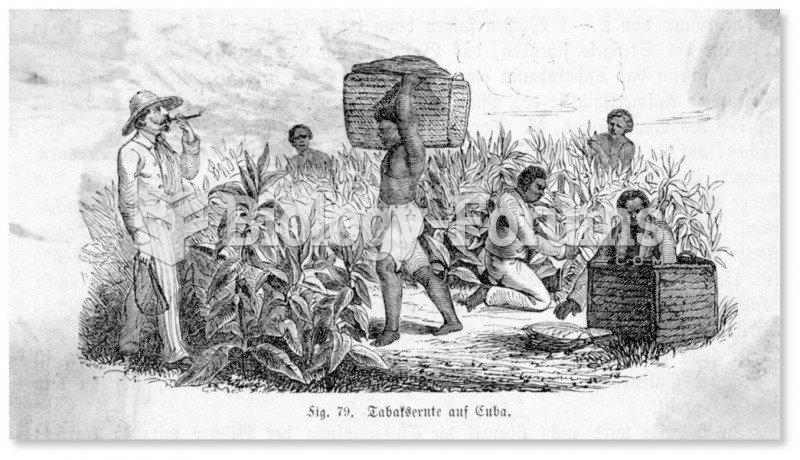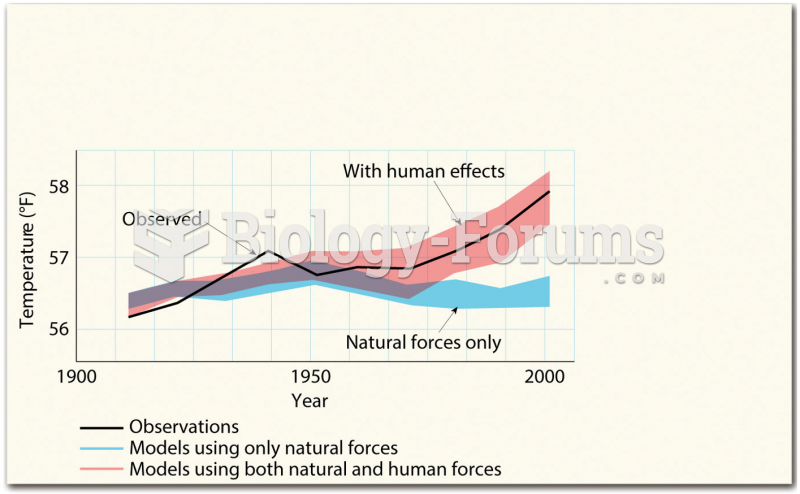Answer to Question 1
The four models of urban growth are: the concentric zone, the sector, the multiple-nuclei model, and the peripheral model. The concentric zone model proposes that a city expands in a circular pattern outward from its center. Within each zone certain specific activities are clustered. The sector model suggests that a concentric zone may contain several sectors of different activities. The multiple-nuclei model suggests that some cities have several centers or nuclei, not just the one center in the middle. Each nucleus is the focus of some specialized activity. Sometimes similar activities are grouped together because they profit from being located next to each other; other activities do no locate in the same area because they are incompatible with each other. The peripheral model suggests people and services move from the central city into the periphery, or outskirts of the city adjacent to radial highways. These models are not useful in all cases as they are time bound and do not account for medieval cities. They are also geographically bound as cities in England have different planning laws. The models are also not useful in explaining urban growth in the least industrialized nations. The wealthy there often live in the inner city, with the poor settling in the fringe areas outside the city.
Answer to Question 2
Symbolic interactionists focus on the meanings that people give their experiences, especially how they use symbols. By doing so, it develops a community of like-minded people. The particular aspects shared by all religions that emphasize the symbolic interactionist perspective are the use of religious symbols, rituals, beliefs, religious experiences, and a sense of community. Symbols are a shorthand method of conveying a message to members of the same religion and to others. Rituals are repetitive practices that help unite people into a moral community. Beliefs include values and a cosmology, or unified picture of the world. Religious experiences are a sudden awareness of the supernatural or a feeling of coming into contact with God. The sense of community establishes a bond among people who share the same beliefs.







